Keystone Ecology
Keystone Habitats
Keystone – making ecology our business
Keystone Marine
Our marine ecological consultancy services include seabed, intertidal and sub-tidal surveys, seabed sampling, biotope surveys and mapping, marine mammal and bird surveys, plankton, fish and benthic surveys, GIS Mapping, Ecological Impact Assessment and the design and implementation of Mitigation, Monitoring and Management Plans.
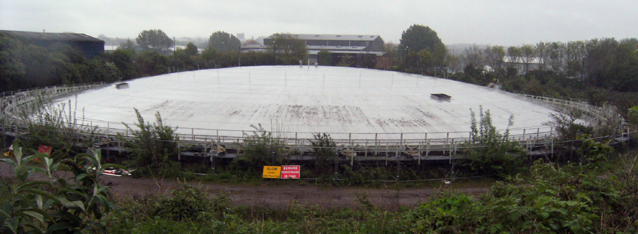



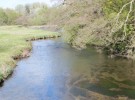
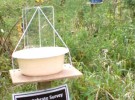

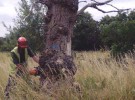


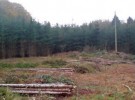
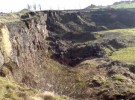
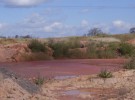
Ecological Due Diligence Surveys for Ground Investigation Works
Hydrock on behalf of Wales and West Utilities
Keystone Ecology were contracted to carry out Ecological Due Diligence Surveys in respect of ground investigation works at a Glenfrome Gas Works, Bristol.
What did we do?
Prevent the killing and injury of Great Crested Newts and reptiles;
Minimise habitat loss that could potentially be used by Great Crested Newts and reptiles, in the case of the former, to ensure habitat loss remains within the parameters for a PWMS to be acceptable;
Avoid destroying/disturbing Badger setts.
How did we do it?
What were the outcomes?